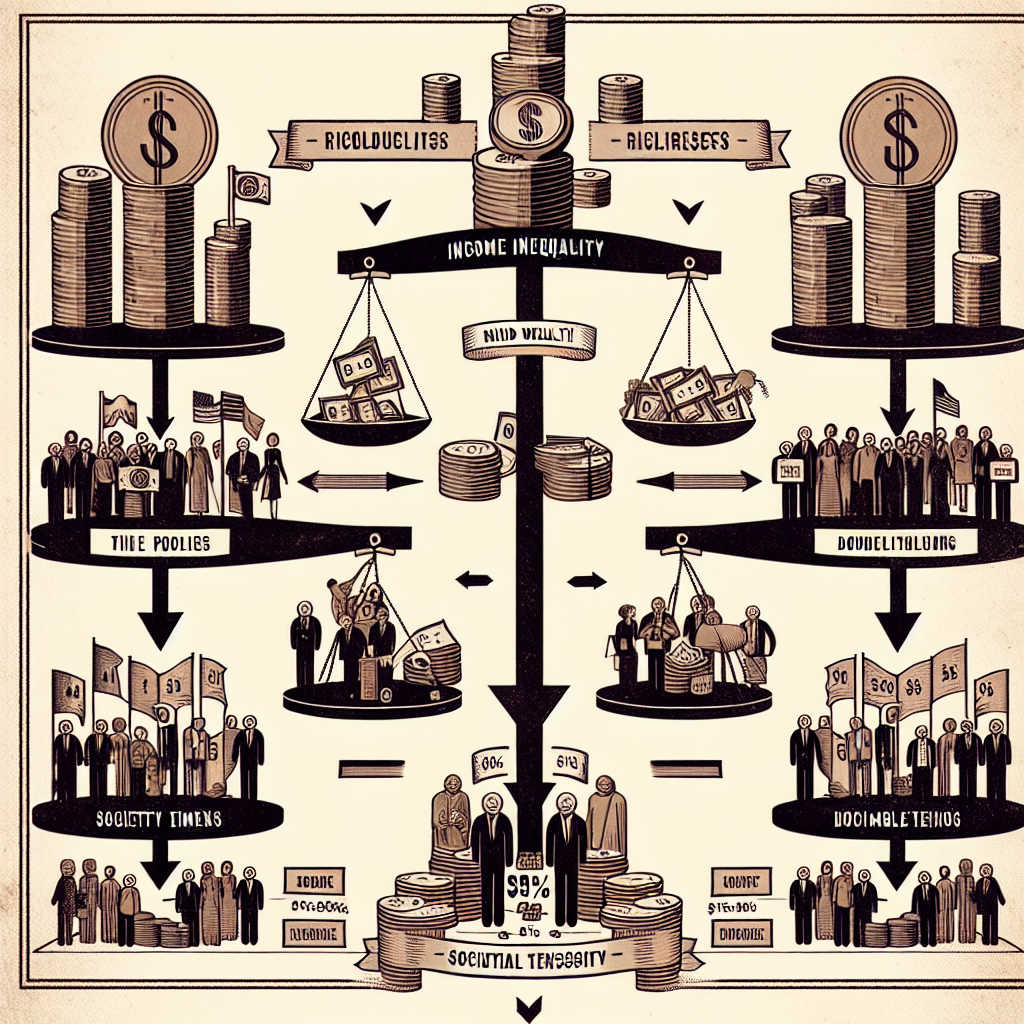Have you ever wondered about the controversies surrounding the 1 percent? The extreme wealth that some individuals possess has sparked debates about ethics and fairness. In this blog post, we will explore these controversies and discuss whether extreme wealth is ethical.
First, let’s consider the successes of the 1 percent. Many of these individuals have achieved great success in their careers and businesses, reaching their goals and accumulating vast amounts of wealth along the way. Their motivations may vary – some are driven by a desire for power or influence, while others are focused on providing for their families or making a positive impact on society.
However, the earnings of the 1 percent have raised concerns about income inequality and social justice. Critics argue that extreme wealth concentrates power in the hands of a few individuals, leading to unfair advantages and opportunities. This can perpetuate a cycle of privilege that limits social mobility for others.
On the other hand, supporters of the 1 percent argue that their success is a result of hard work and innovation. They believe that everyone has the opportunity to achieve similar levels of wealth if they are willing to put in the effort and take risks. Additionally, they point to the philanthropic efforts of many wealthy individuals who use their resources to support charitable causes and make a positive impact on society.
So, is extreme wealth ethical? The answer may depend on your perspective. While there are valid arguments on both sides of the debate, it’s important to consider how extreme wealth impacts society as a whole. By engaging in thoughtful discussions and debates about this issue, we can work towards creating a more equitable and just society for all.

Leave a Reply